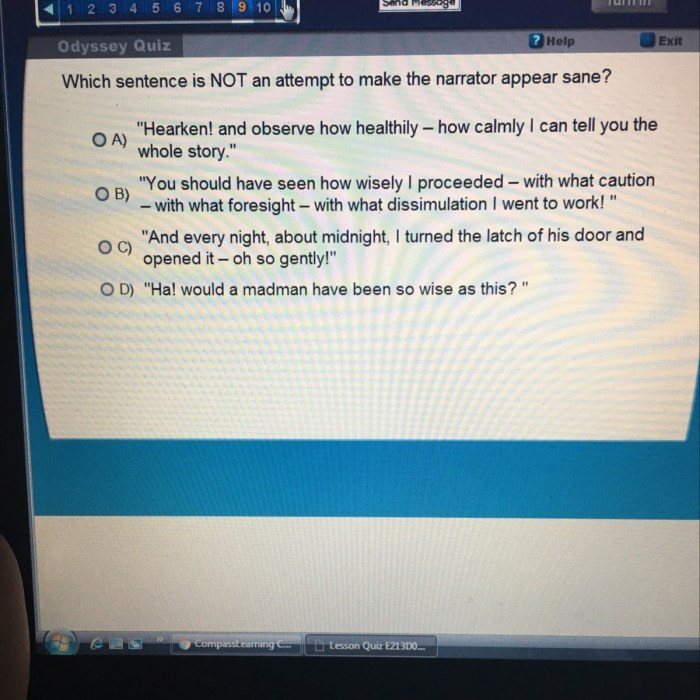The buggy is empty the bowl is brimful – The adage “the buggy is empty, the bowl is brimful” has endured for centuries, offering a profound insight into the nature of human experience. This proverb encapsulates the idea that true wealth and fulfillment lie not in material possessions but in the richness of our inner lives.
Throughout history, this proverb has been interpreted in diverse ways, from a literal description of a humble existence to a metaphorical representation of spiritual abundance. Its enduring relevance stems from its ability to resonate with people from all walks of life, regardless of their cultural or historical background.
The Meaning of the Proverb: The Buggy Is Empty The Bowl Is Brimful
The proverb “the buggy is empty, the bowl is brimful” has both a literal and a figurative meaning. Literally, it refers to a situation in which a buggy (a type of horse-drawn carriage) is empty while a bowl is full to the brim.
Figuratively, it means that someone who is wealthy or successful may be unhappy or unfulfilled, while someone who is poor or disadvantaged may be content and satisfied.
There are different interpretations of the proverb. Some people believe that it is a warning against the dangers of greed and materialism. Others believe that it is a reminder that true happiness cannot be found in material possessions.
The proverb can be applied to a variety of situations. For example, it can be used to describe a person who has achieved great wealth but is still unhappy, or a person who has lost everything but is still content.
The Historical Context

The origins of the proverb “the buggy is empty, the bowl is brimful” are unclear. However, it is thought to have originated in the United States in the 19th century. The proverb was likely influenced by the rapid economic growth and social change that was taking place in the country at the time.
The proverb has been used throughout history to describe the different ways in which people experience wealth and happiness. In the early 20th century, the proverb was used by the labor movement to argue for better working conditions and wages.
In the 1960s, the proverb was used by the counterculture movement to criticize the materialism of American society.
The Literary and Artistic Use

The proverb “the buggy is empty, the bowl is brimful” has been used in a variety of literary and artistic works. For example, the proverb is used in the novel “The Great Gatsby” by F. Scott Fitzgerald to describe the emptiness of Jay Gatsby’s life.
The proverb is also used in the song “The Times They Are a-Changin'” by Bob Dylan to criticize the materialism of American society.
The proverb has also been used in a variety of other works of art, including paintings, sculptures, and films. For example, the proverb is used in the painting “The American Dream” by Grant Wood to depict the emptiness of the American dream.
The Psychological and Social Implications

The proverb “the buggy is empty, the bowl is brimful” has a number of psychological and social implications. For example, the proverb can be used to explain why some people are unhappy even though they have achieved great wealth and success.
The proverb can also be used to explain why some people are content and satisfied even though they have little material possessions.
The proverb can also be used to understand the different ways in which people experience happiness. Some people believe that happiness is found in material possessions, while others believe that happiness is found in relationships, experiences, and other non-material things.
Modern Applications

The proverb “the buggy is empty, the bowl is brimful” is still relevant in modern society. The proverb can be used to describe the different ways in which people experience wealth and happiness. The proverb can also be used to understand the different ways in which people define success.
In the modern world, the proverb can be applied to a variety of situations. For example, the proverb can be used to describe a person who has achieved great wealth but is still unhappy, or a person who has lost everything but is still content.
Questions and Answers
What is the literal meaning of the proverb “the buggy is empty, the bowl is brimful”?
The literal meaning refers to a situation where a person may have a simple or humble lifestyle, with a modest home (buggy) and limited material possessions, yet they experience a deep sense of contentment and fulfillment (brimful bowl).
How has the proverb been interpreted differently throughout history?
The proverb has been interpreted in various ways, including as a religious allegory, a social commentary, and a philosophical reflection on the nature of true wealth and happiness.
Can you provide an example of how the proverb can be applied in modern contexts?
In modern times, the proverb can be applied to situations where individuals prioritize experiences, relationships, and personal growth over material possessions, finding greater fulfillment in the process.